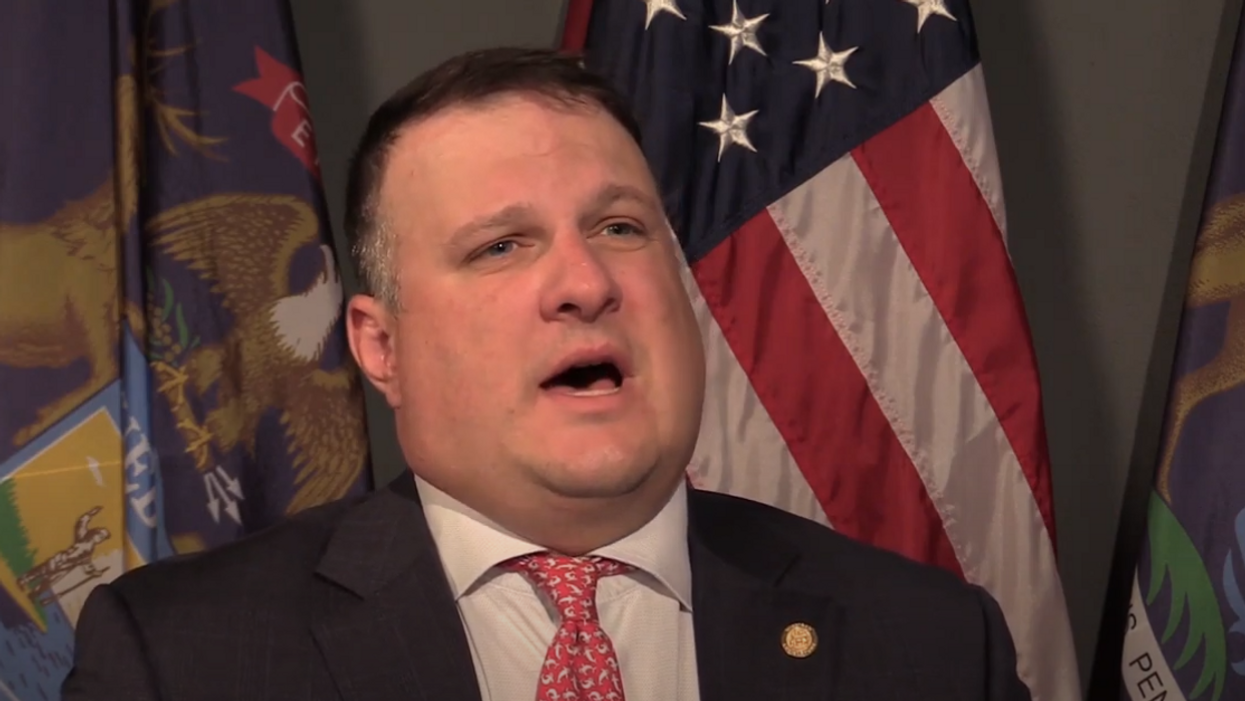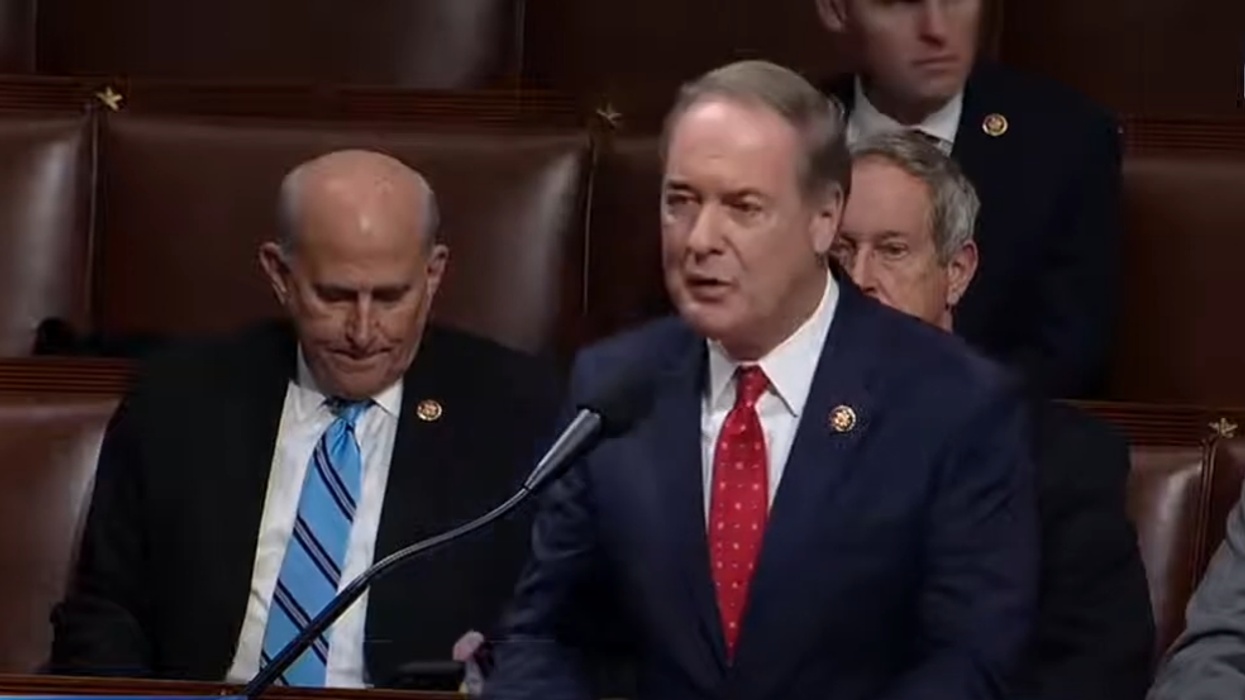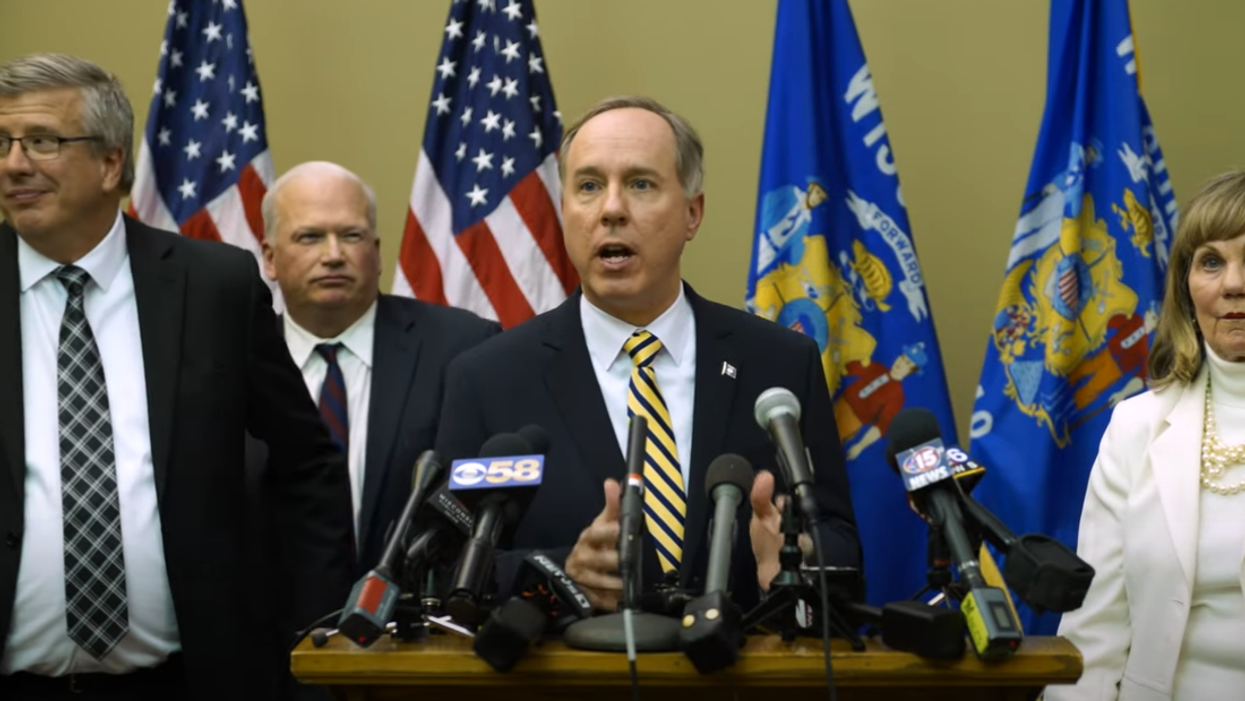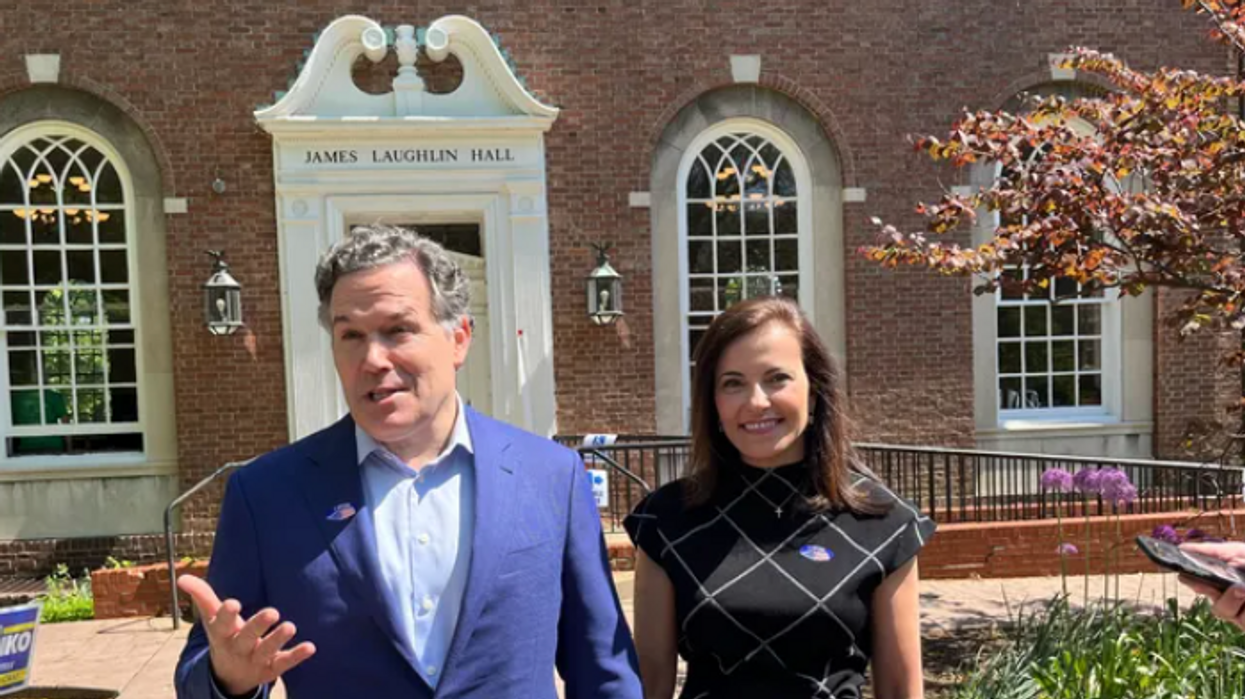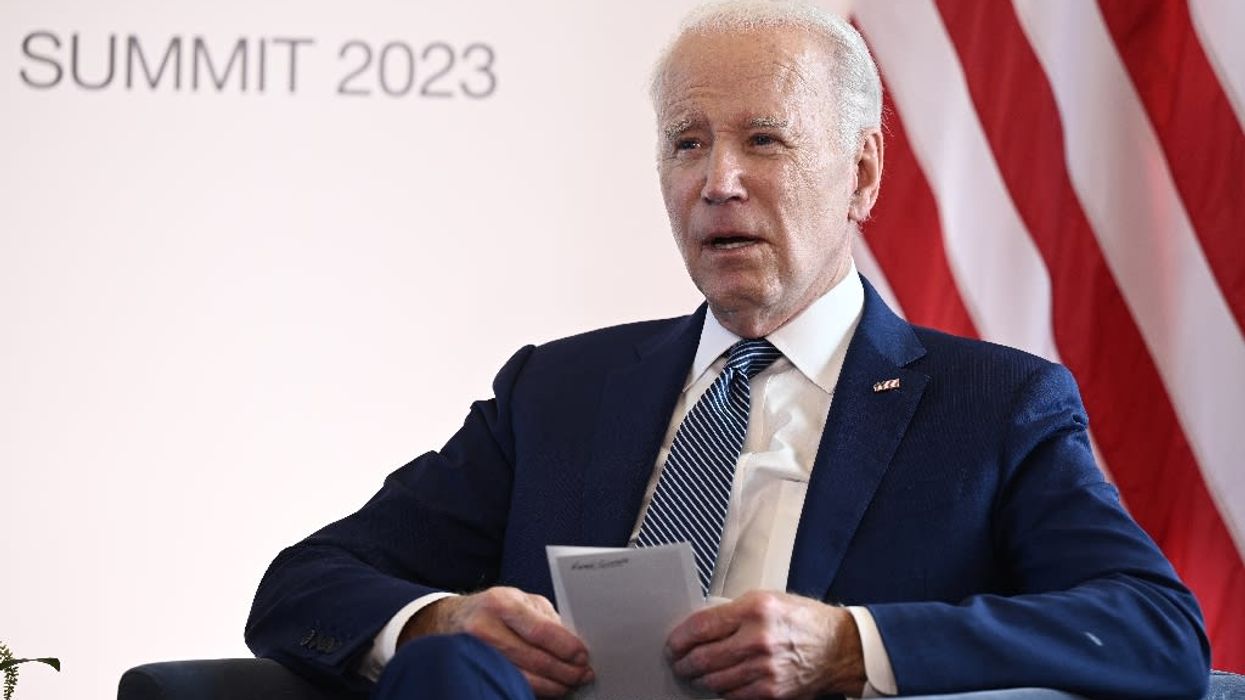Montana's Tester Departs Senate With Striking Record Of Achievement
After three six-year terms representing Montana in the U.S. Senate, Democratic incumbent Jon Tester lost his bid for reelection on November 5 by a margin of 53-45 percent.
In his concession speech, Tester congratulated Republican Tim Sheehy on his victory and observed: “I’m very blessed. I’ve had a great 18 years in the United States Senate. I’ve met some incredible people along the way and had the opportunity to do some great things to help move this state forward and move the country forward. I wish Sen.-elect Sheehy all the best, because, quite frankly, it’s really important that we have good leadership in Washington, D.C.”
Tester, whose term ended on January 3, will leave office with a lengthy list of policy accomplishments.
Tester backed a bipartisan 2007 law that raised the federal minimum wage from $5.15 an hour to $7.25.
In December 2009, he provided the 60th vote necessary to pass the Affordable Care Act, commonly known as Obamacare. The law has helped more than 40 million Americans access health insurance, including 117,000 Montanans who gained coverage through the state’s expansion of Medicaid and 66,000 more individuals in the state who purchased private plans through the law’s insurance exchange. Its provisions prohibiting discrimination by insurers against those with preexisting medical conditions protected 152,000 Montanans, according to a 2018 KFF estimate.
He was one of 60 senators who voted in 2010 to pass a package of Wall Street reforms and consumer protections commonly known as Dodd-Frank.
Tester helped to negotiate and pass the bipartisan 2021 Infrastructure Investment and Jobs Act, which authorized billions of dollars in federal funding for Montana’s roads, bridges, water systems, transit, airports, broadband, and electric vehicle charging stations. That money has already gone to projects that include upgrading Mill Creek Highway, repairing roads in Yellowstone National Park, replacing the St. Mary Diversion Dam, protecting the state’s energy grid against wildfires, and improving five Montana airports.
Tester authored numerous laws, many of which were aimed at helping veterans. He became chair of the Senate Committee on Veterans’ Affairs in 2021 and pushed through laws ensuring veterans’ access to mammograms, cutting red tape for those vets who enroll in education programs, and increasing the oversight authority of the Department of Veterans Affairs inspector general. Tester partnered with Kansas Republican Sen. Jerry Moran to pass a bipartisan law ensuring that veterans exposed to toxins during their time serving can access health care and disability benefits.
Most recently, he cast a deciding vote for the Inflation Reduction Act in 2022. That law’s health care provisions capped the cost of insulin and prescription drugs for the more than 250,000 Montanans enrolled in Medicare and authorized the federal government to negotiate with pharmaceutical companies for lower drug prices. Its environmental investments have already funded public land restoration in Blackfoot–Clark Fork Valley, the Missouri Headwaters–Big Hole Valley, and on land north of the Charles M. Russell National Wildlife Refuge.
The nonpartisan Center for Effective Lawmaking ranked Tester as one of the most effective senators in the 117th Congress and cited him as the senator with the “longest streak of ‘exceeding expectations’” for efficacy over the years.
This story was originally published by the Montana Independent.
Reprinted with permission from American Journal News.









